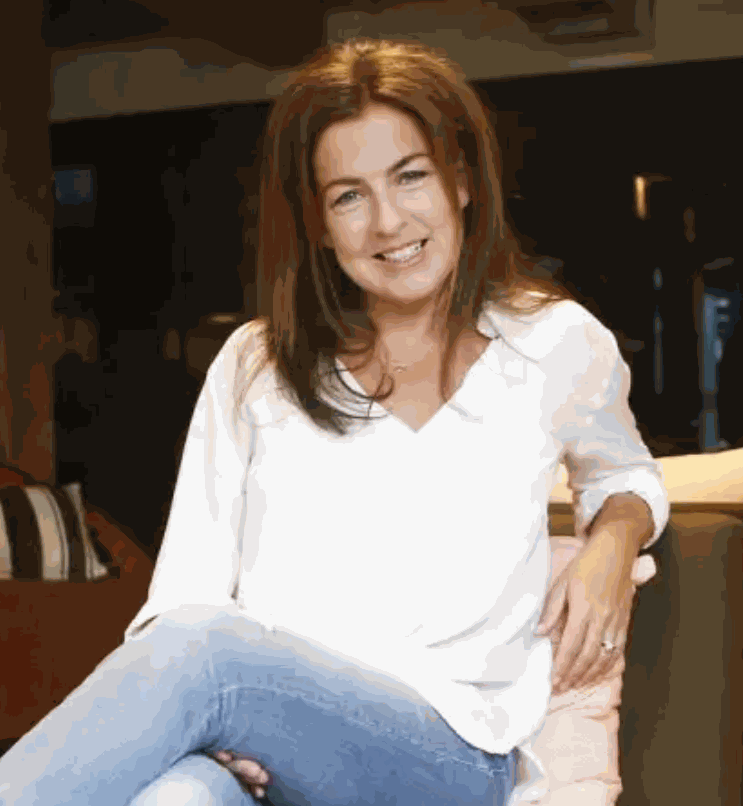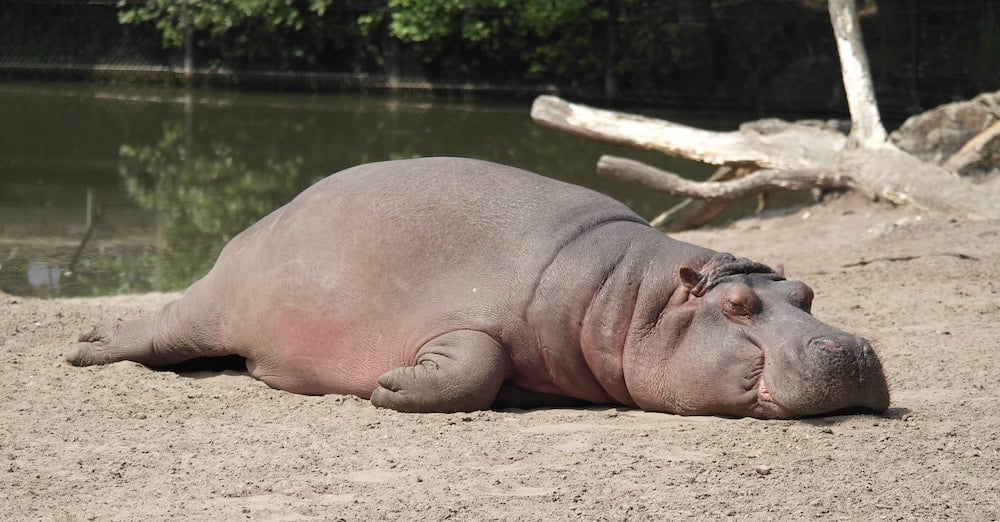Empathy and Careers Education
Prompted by a recent article in The Guardian, BECOME Education Consultant Grace Kinch, has been thinking about some of the surprises students may...
3 min read
 Liv Pennie
:
Aug 19, 2022 2:59:08 PM
Liv Pennie
:
Aug 19, 2022 2:59:08 PM

I’m an optimist. But wow, that bubble has been a bit deflated reading the recent Monash Uni discussion paper, Young Women Choosing Careers: Who Decides?
Recently, I've been encouraged by outward-facing strategies and slogans of big companies promising to overcome systemic diversity issues. I've applauded the shift in school strategies away from promising great grades to focusing on the whole person and preparing them to thrive in their future.
I had almost convinced myself that although we might not be there yet, everyone was really trying to move things forward.
My cynicism radar is right back up after reading the Monash paper. It’s clear from the research that despite taglines of empowerment and talk of student agency, we have a long way to go.
The Monash Uni discussion paper, Young Women Choosing Careers: Who Decides? looks at the career aspiration data of over 1300 female students, within and compared to a larger set of data from 2700 Australian students. All of the students were in years 10-12.
The findings are clear and unequivocal, and if you haven't already read the report, you should.
Gleeson, J., Walsh, L, Gallo Cordoba, B., Mikola, M., Waite, C. & Cutler, B. 2022, Young women choosing careers: Who decides? Monash University, Melbourne. Read it here.
At BECOME we see these same findings every week in real schools:
Every week, we see young people taking shortcuts. About their future direction.
We see them picking something from a narrow view of what’s possible, expected and accepted. Looking for 'the right answer' that will be approved, rather than looking inside themselves for inspiration and around themselves for the wide, wide world of options.
They are thinking about their future far younger than formal career education, or less formal career discussions typically begin.
These formative years are when their ideas about their identity and ‘where people like me fit in the world’ are absorbed. And if left unchallenged they become hardwired and can cause real problems (seen in the data) when that external expectation doesn’t ring true with who they really are.
And when those career conversations do happen, they’re often being asked to make decisions regardless of how much exploration or consideration has taken place. We need to ensure there's safe space and time for the divergent thinking to happen before the convergent. How do we involve all teachers in this discussion and support? How do all learning areas showcase the breadth of careers, and emerging fields, that use the knowledge they are learning?
Parents are key players in shaping the aspirations of young people.
Parents have to be supported to be valuable and informed allies in the process. The biggest issues we see are with the parents who think they are doing the best by their child but won't or can't step away and leave enough space for their offspring to explore and develop self-efficacy of their own.
Let's help parents become 'career aspirants', which is to say they are supporting the career path by creating a safe space in which a young person can test their ideas. (Broadbent & Colleagues, 2012)
And schools, if the slogan on the front of the school shirt is about lifelong learners and letting unique young people make their mark in the world, you do also have to question whether you’re pandering to traditional expectations of parents of what a ‘good career’ looks like.
If we show you that 50% of your year 7 cohort aspire to be doctors or lawyers are you pleased or are you worried that very few of them can articulate why that’s their aspiration?
Does the front of the t-shirt match the back … or is a caveat attached?‘
I'm determined that we must keep working on this. For young people regardless of gender, to step up and be the active agent in their own life. There is too much at stake if we don't. Seeking approval or adopting external answers will ultimately leave them with hollow aspirations.
‘Current efforts to provide careers education to students come up against forces designed to improve their transitions from school to post-school life, but which instead shift the centre of gravity away from developing young people in holistic ways towards very narrow measures.’ - p.24
 We will continue to focus on 'Who do you want to be?' not 'What do you want to do?'
We will continue to focus on 'Who do you want to be?' not 'What do you want to do?'
The Monash paper and the work of Jo Gleeson and colleagues strengthens our conviction that starting earlier, having career discussions often, across all the learning areas is the way to give young people the space to walk in - tentatively or boldly - and make their future.
Even if they need to learn how.
Because it is theirs.
We have to teach them to define success for themselves and have the skills to design their life in a way that moves them towards that horizon, as it continues to move. To learn and practise the skills to define a possible future and design their way towards it – an ongoing process.
Thinking about and exploring the future should be life-wide and lifelong, not focused on a one-time decision! For every student, in every context - making their own moves into an open landscape of many possibilities.

Prompted by a recent article in The Guardian, BECOME Education Consultant Grace Kinch, has been thinking about some of the surprises students may...

You could hear a pin drop. It's a Wednesday afternoon and we're in a Professional Learning session with a dedicated group of high school teachers...

When we were planning upcoming Reimagining Careers Education sessions, we asked our community what they liked from the last two years of live, online...